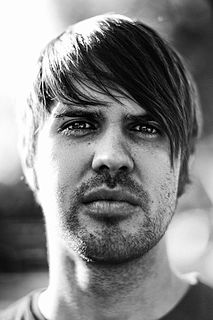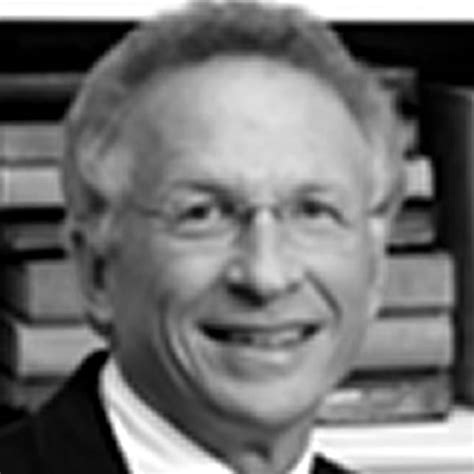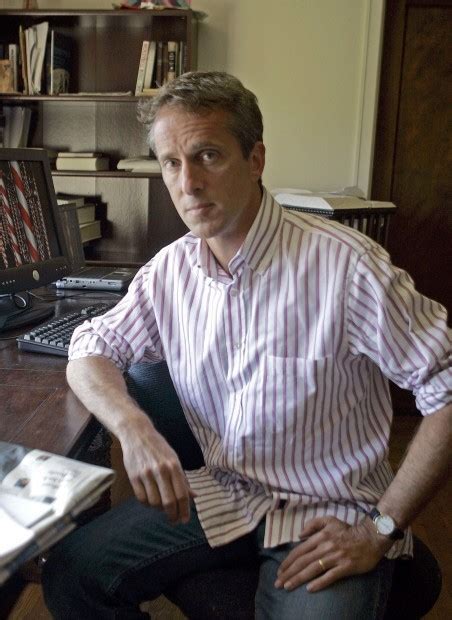A Quote by Paul Kurtz
Many humanists have argued that happiness involves a combination of hedonism and creative moral development; that an exuberant life fuses excellence and enjoyment, meaning and enrichment, emotion and cognition.
Related Quotes
Products were once designed for the functions they performed. But when all companies can make products that perform their functions equally well, the distinctive advantage goes to those who provide pleasure and enjoyment while maintaining the power. If functions are equated with cognition, pleasure is equated with emotion; today we want products that appeal to both cognition and emotion.
There is no use in one person attempting to tell another what the meaning of life is. It involves too intimate an awareness. A major part of the meaning of life is contained in the very discovering of it. It is an ongoing experience of growth that involves a deepening contact with reality. To speak as though it were an objective knowledge, like the date of the war of 1812, misses the point altogether. The meaning of life is indeed objective when it is reached, but the way to it is by a path of subjectivities. . . . The meaning of life cannot be told; it has to happen to a person.
Loving yourself involves the discovery of the true wonder of you; not only the present you, but the many possibilities of you. It involves the continual realization that you are unique, like no other person in the world, that life is, or should be, the discovery, the development and the sharing of this uniqueness.
For many years, questions about the meaning of life were dismissed as senseless. We were told that life, not being a word or sentence or anything language-like, can't intelligibly be said to have meaning. An encouraging development in the last couple of decades is a return by philosophers to addressing - as nearly all people do at some time or another - the question of life's meaning.
But there's the rub. The present can never deliver one thing: meaning. The way of happiness and meaning are not the same. To find happiness, a man need only live in the moment; he need only live for the moment. But if he wants meaning--the meaning of his dreams, his secrets, his life--a man must reinhabit his past, however dark, and live for the future, however uncertain. Thus nature dangles happiness and meaning before us all, insisting only that we choose between them.









































